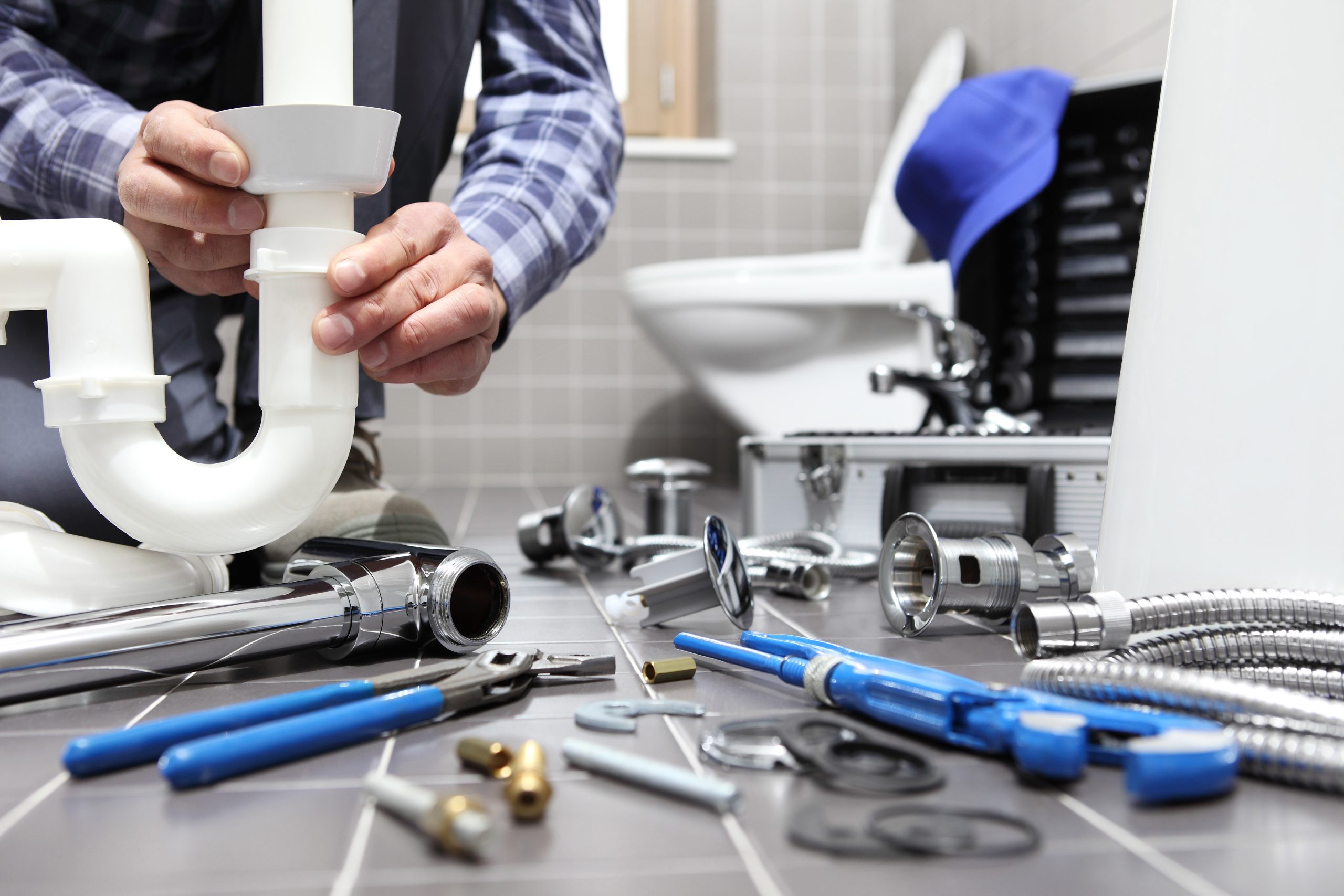Rather than buying individual policies for each vehicle, fleet insurance provides businesses with the ability to purchase a single policy that covers all of their business vehicles. This will save time and money when it comes to paperwork, and it also gives businesses more bargaining power with insurers.
Fleet insurance policies can be customized to meet the needs of each business, and some key elements include: the location of the vehicles, driver safety scores, and deductibles.
Coverage for any type of business vehicle
A fleet insurance policy can be tailored to the needs of each business. It can cover any type of commercial vehicle, including cars, trucks, vans, and SUVs. It can also include additional coverage, such as physical damage and accessories. These extras can protect your business from unexpected expenses and damage.
Another great thing about fleet policies is that they generally cost less than individual auto insurance policies. This is especially true when it comes to larger policies. In addition, they are easier to manage and keep track of, as there is usually only one renewal date instead of multiple.
The amount of mileage your vehicles do can also impact the cost of a fleet policy. This is because the more miles a vehicle drives, the more it depreciates. To offset this, you can purchase a telematics policy that will measure the driving behavior of each driver and help lower the costs by encouraging safe and responsible driving. However, this will only work if your drivers are honest and not using their vehicles for personal reasons.
Coverage for any combination of vehicles
Fleet insurance allows businesses to insure all of their commercial vehicles under one policy while reducing costs and simplifying the process. It is available for any type of business that operates a group of vehicles and offers several coverage options, including auto liability and physical damage. Auto liability covers the medical bills of third parties in the event of a collision, and physical damage coverage covers repair or replacement costs for the vehicle after an accident.
The type of fleet insurance you choose depends on the number of vehicles, their intended use, and how many drivers have access to them. For instance, some policies are titled “any driver,” meaning that any employee who is qualified to operate the vehicle can drive them. Other policies have a list of authorized drivers and require that the business keep track of and notify the insurer of new hires or staff changes.
Maintaining high safety standards also helps reduce fleet insurance premiums. This includes having standard operating procedures in place and requiring all drivers to take a defensive driving class. It also helps to make sure your vehicles are fitted with risk management technologies such as automatic braking and lane assist.
Coverage for employees
Fleet insurance is an option for businesses that operate a number of vehicles. These vehicles may be owned by the company or its employees. Fleet policies include third party liability coverage, which protects the business from any expenses incurred by the accidental damage or injury to another person while an employee is driving a company vehicle. This coverage can cover the cost of car repairs, medical bills, or lawsuits.
While some fleet policies allow any employee to drive any vehicle, others require that a list of authorized drivers be kept up to date with the insurer. In order to keep insurance rates low, it is important for employers to ensure that their employees have clean driving records and are safe drivers. Providing driver safety training or requiring employees to take defensive driving courses can help reduce the risk of accidents and claims.
Investing in vehicle telematics is also an effective way to improve driver safety and potentially save money on fleet insurance rates. This technology assesses how safely a person drives and can provide companies with data to make smarter decisions about driver safety.
Coverage for property damage
Most commercial fleet insurance policies offer a variety of coverage options, including property damage. This type of coverage helps pay for the costs of repairing or replacing vehicles that are damaged in an accident. It also covers legal fees and expenses if the company is sued over an accident. It is a good option for businesses that regularly transport people in their vehicles.
The type of vehicles you use and the industry in which you operate will have a significant impact on your business’s fleet insurance rates. For instance, drainage tile contractors and plumbers typically pay lower fleet auto insurance rates than car rental companies, taxi services, or trucking or shipping firms. In addition, drivers with clean records and who take approved driving courses may be able to reduce their fleet insurance rates.
In some cases, fleet insurance policies will include a combined single limit (CSL) liability coverage, which provides one limit for bodily injury and property damage claims against your business. This type of policy is particularly useful for businesses that frequently rent vehicles out to customers, as it eliminates the need for two separate policies.
Coverage for liability
One of the most important elements of fleet car insurance is liability coverage. This protects your business financially if an employee is found at fault in a collision. The policy will cover the cost of bodily injury and property damage. It may also pay for legal fees.
The coverage provided by a fleet vehicle policy will vary depending on the company’s needs and the type of vehicles in its possession. For example, an internet repair business will likely require different coverage than a plumbing or electrical contractor that uses a van to travel between homes. The number of vehicles in your fleet also affects the policy price. Generally, you will need to own at least five vehicles to qualify for fleet coverage.
Some tips to save money on fleet insurance include bundling other policies, storing vehicles in safe locations, and using telematics to encourage safe driving. In addition, it is important to choose the right deductibles and ask your provider about discounts for good drivers. These can help you save a significant amount of money.assurance flotte




